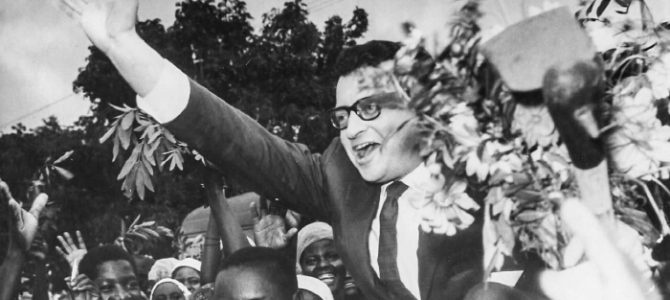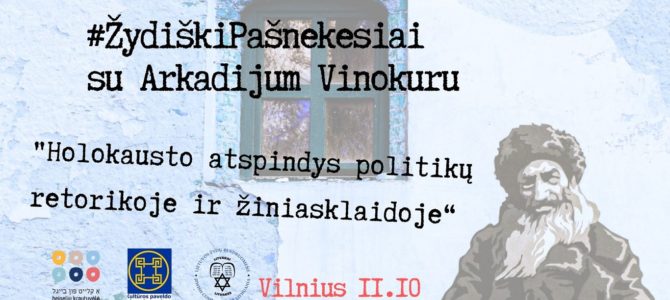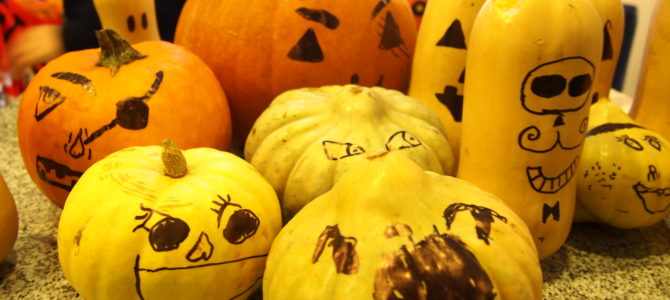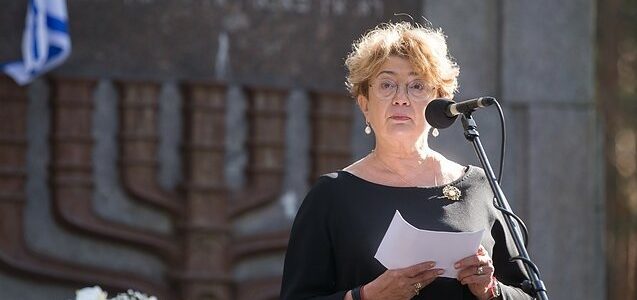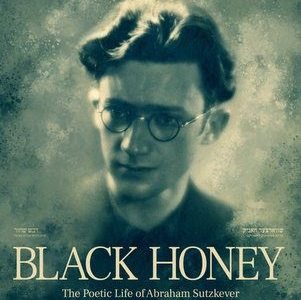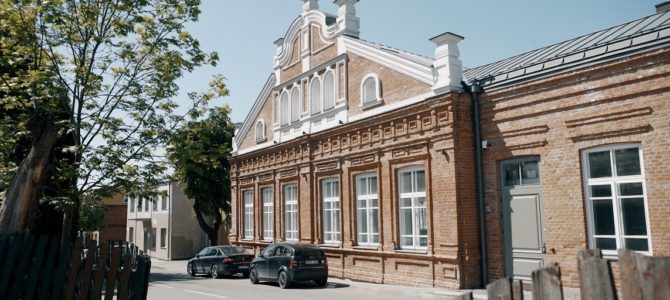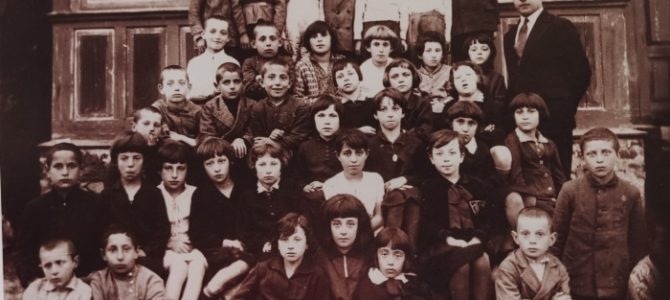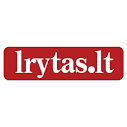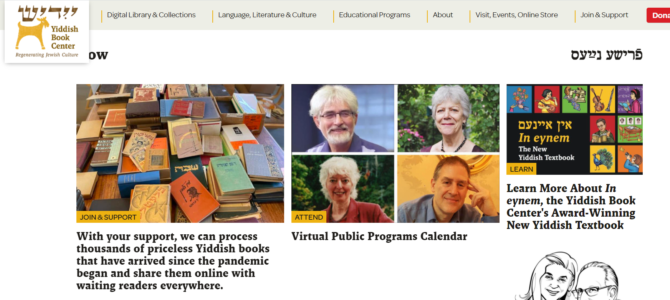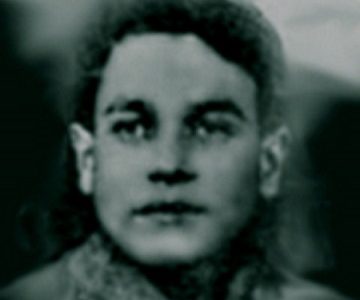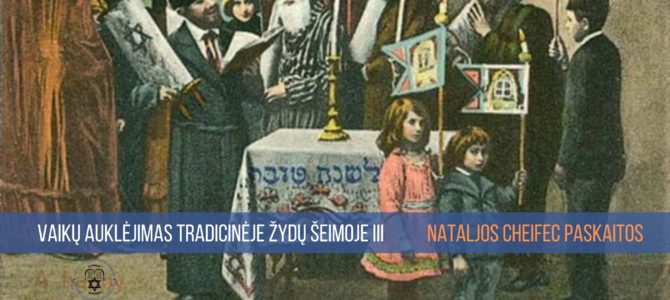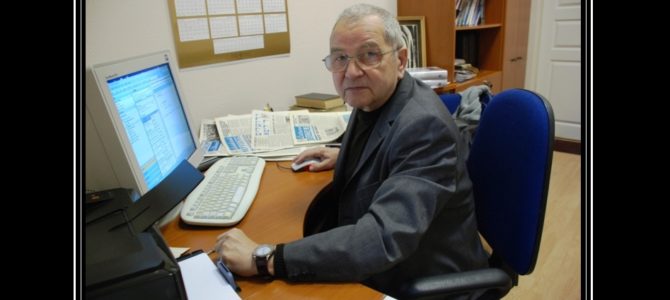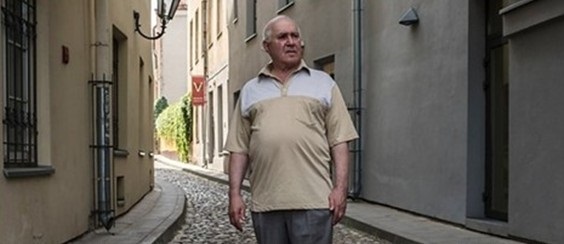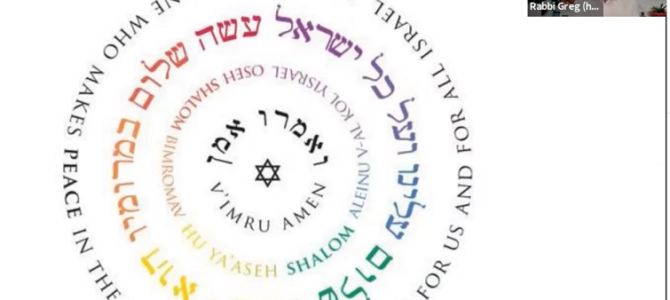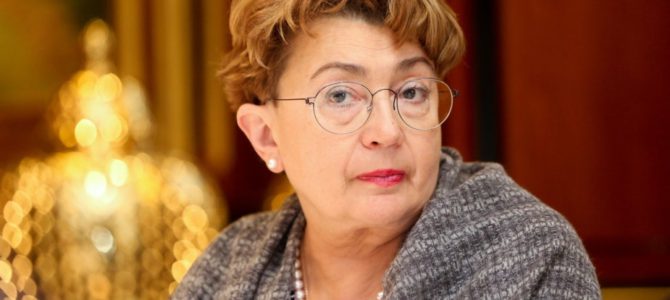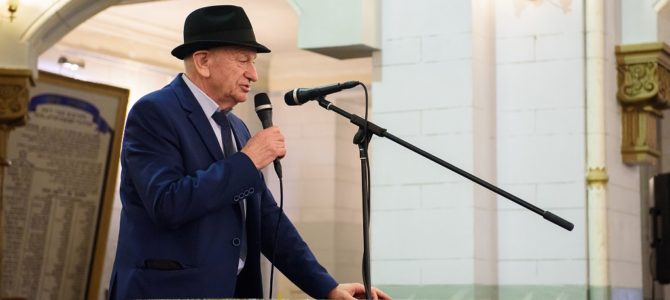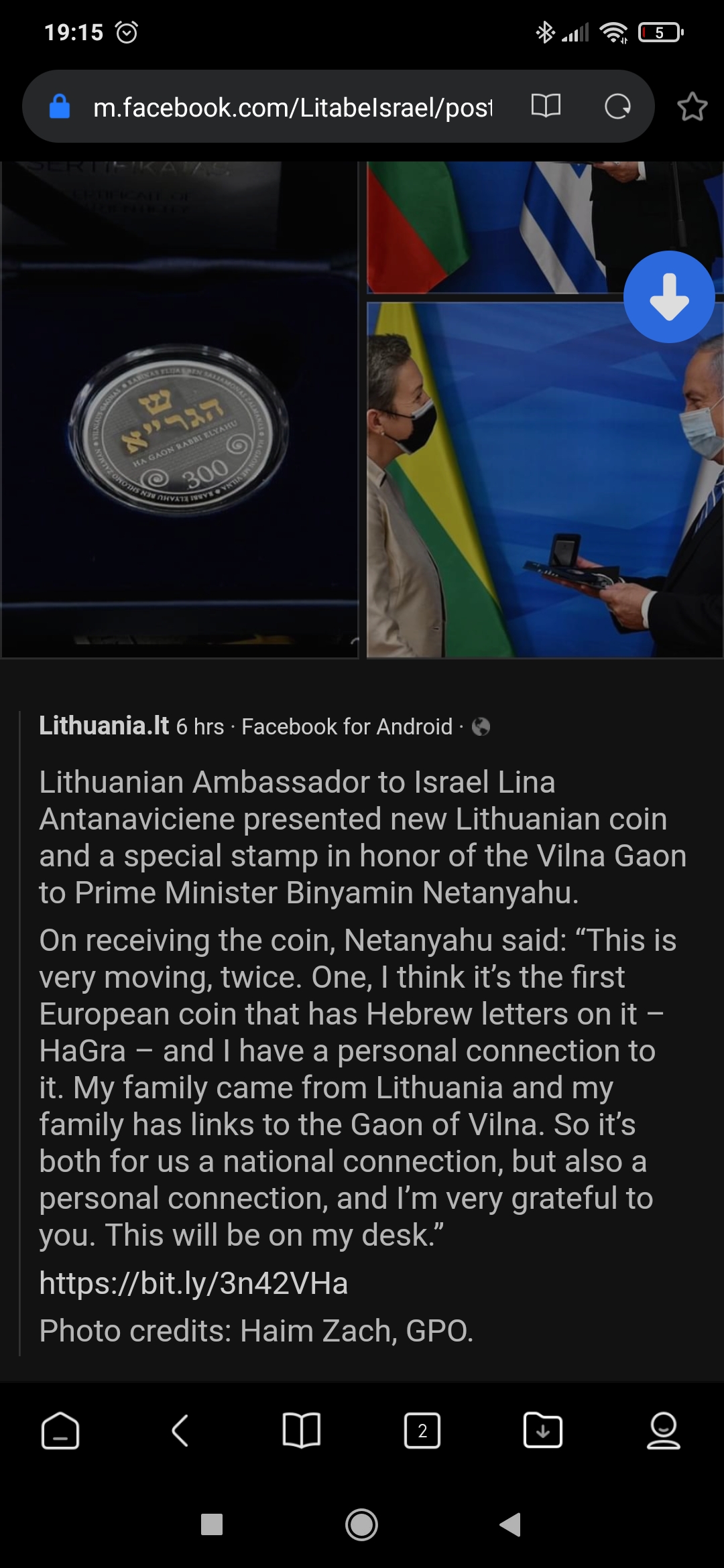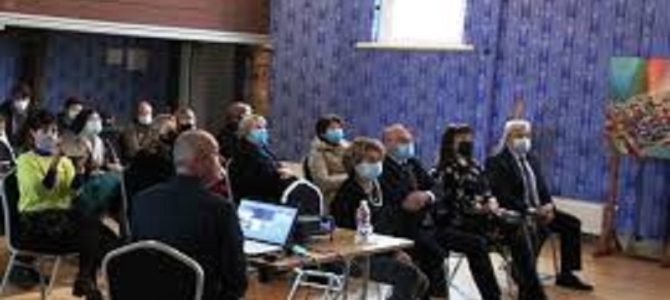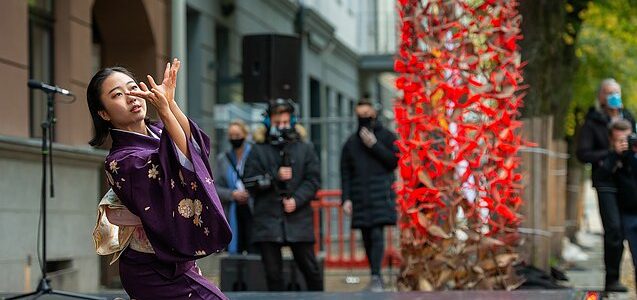Photo: Faina Kukliansky, by Vidmantas Balkūnas, courtesy 15min.lt

Lithuanian Jewish Community chairwoman Faina Kukliansky remembers January 13. Lithuanian Jews, who restored their community finally 30 years ago after decades of restrictions, took part in events in those days [in 1991] Nowadays when they talk about the struggle for freedom, members of the community emphasize the greatest gift: the opportunity to speak freely.
What do you remember personally about that fateful night at the TV tower, the Lithuanian Radio and Television building and the parliament? What does the Jewish community remember about these events?
Jews did the same thing as everyone else in Lithuania. We have collected the recollections of our community members of that fateful night. They watched the television broadcast until it was cut off and they went to the barricades, in Vilnius but also in Kaunas and other cities.
We were there where the majority of Lithuania was. I remember when I travelled from Varėna during that time and saw the road full of tanks. At that time I had an elderly guest from America who said he was seeing tanks for the first time in his life.
On that particular night my friends and I–all of us were together with our young children–followed events, held vigil, waiting for our husbands who were there in the crowd by the barricades or who were doing their job as doctors.
My children are now grown up and always remember that night and the tension. It wasn’t clear what would happen and the tanks were already in place in the city. We didn’t have any information, we had seen the final frame when E. Bučelytė had to quit the [television] studio. We learned that night from medics that there were dead and wounded people.


